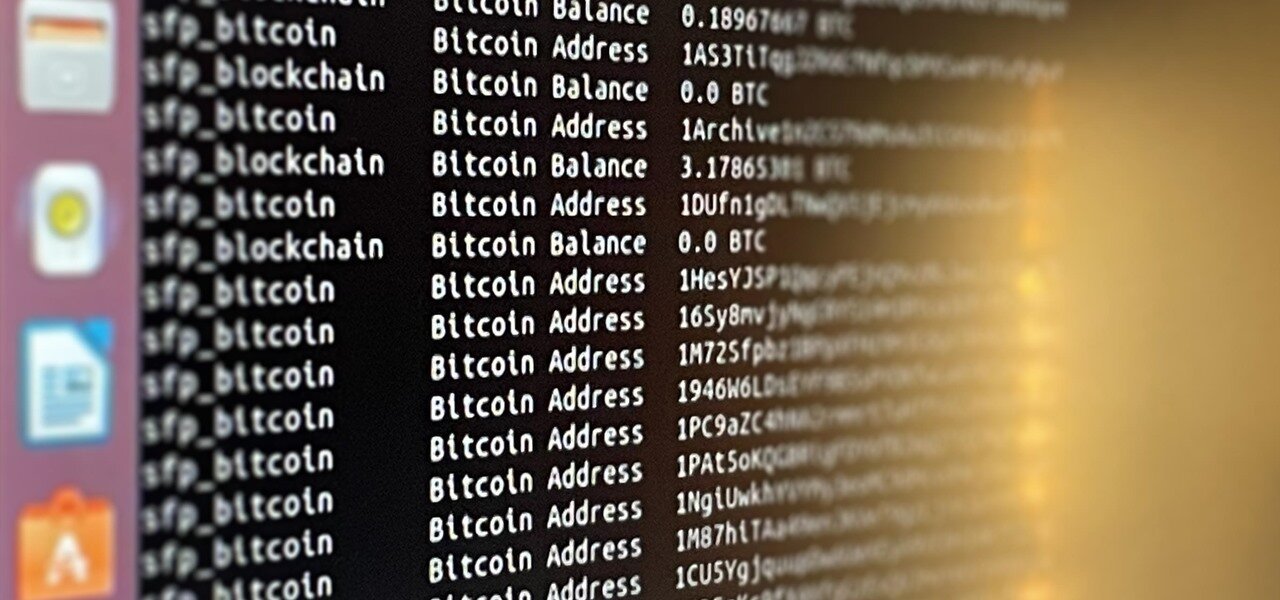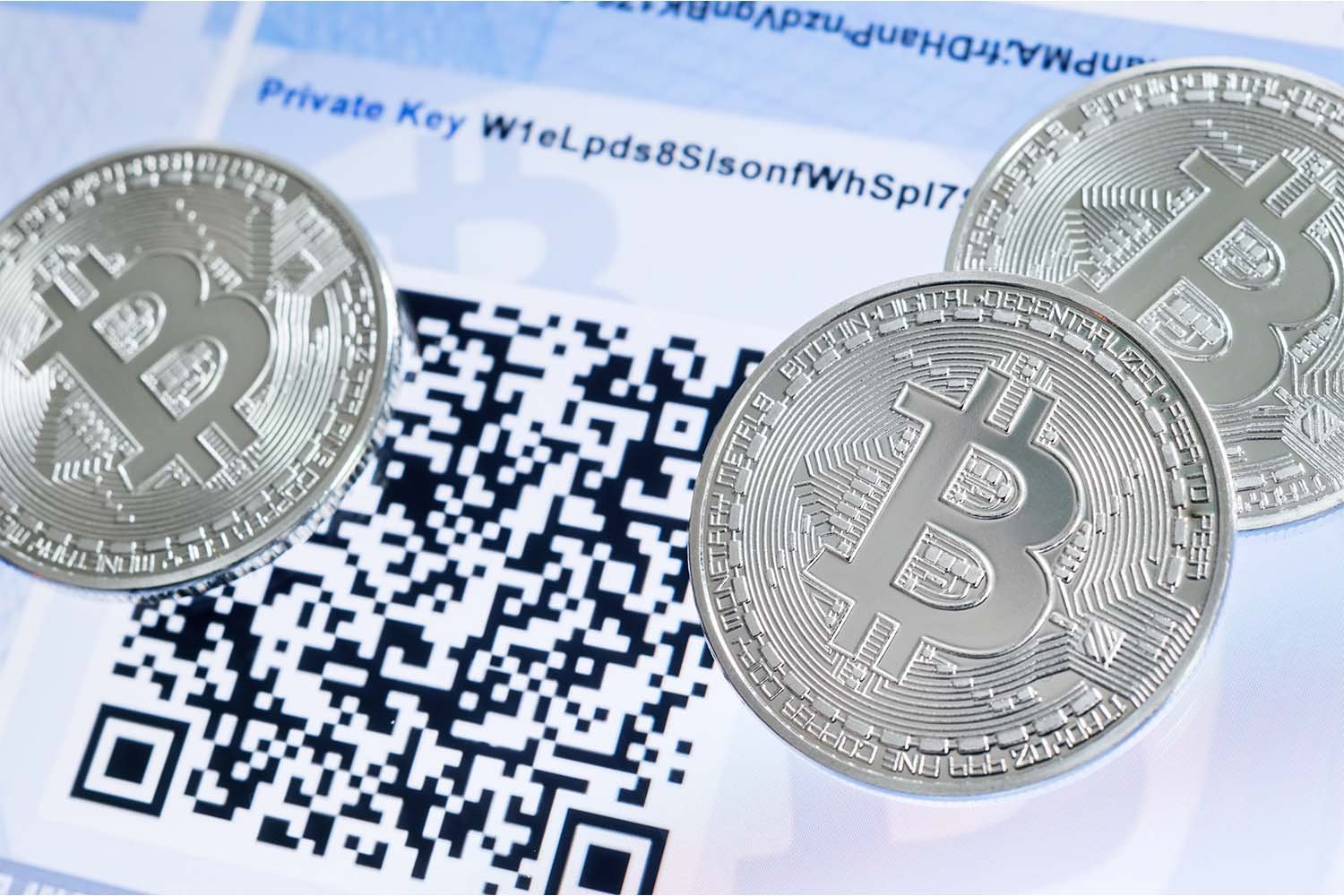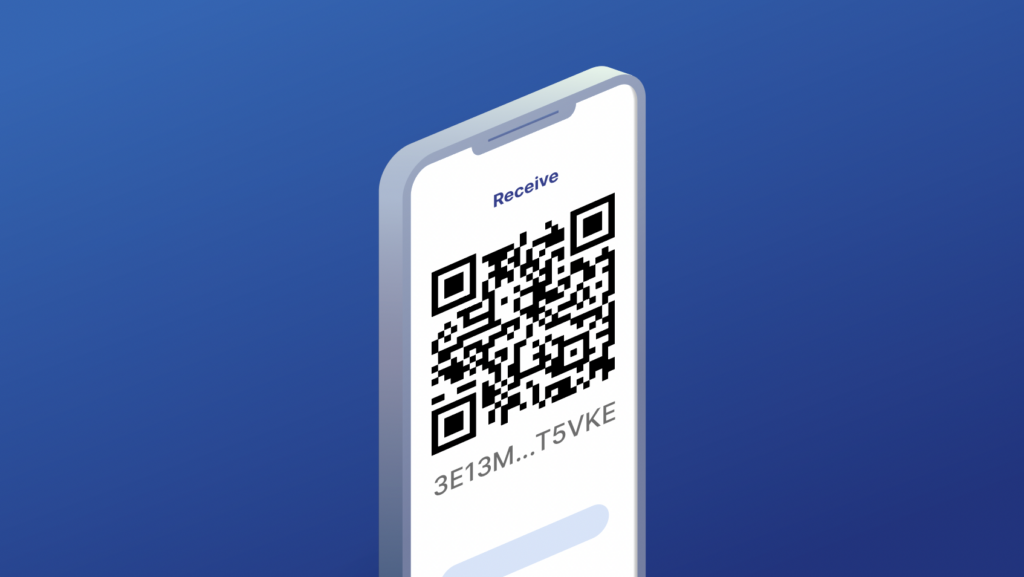In the online economy, information is key.
For crypto investors, checking and tracking blockchain trades is a must for smart investment plans.
A crypto address lookup is a helpful tool. It shows how digital money moves. This lets users watch specific wallet actions closely. This guide looks at how crypto address lookups work. It covers what a crypto address is and how to do a Bitcoin address lookup.
The guide also shares best ways to use this feature. For smart investors, it’s important to check data and make good choices in the crypto market. Learning tools like crypto address lookups helps everyone in the blockchain world.
What Is A Crypto Address and Why Is Lookup Important?

Every crypto deal needs a special address. This address is like a public spot for sending and getting digital money on a blockchain. It is much like a bank account number for your crypto.
When someone sends you Bitcoin or another asset, they need your wallet address. Each wallet can make many addresses tied to it. The lookup tool is very important.
All deals on a public blockchain are saved and seen by everyone.
A crypto address lookup allows you to see the past of any public wallet address. This helps keep things clear in the crypto world.
Crypto Wallet Addresses
A crypto wallet address is a mix of 26 to 35 numbers and letters. It comes from the public key of your wallet. You can share this address publicly. However, the private key must stay secret. The private key gives access to your money. If you lose the private key, you cannot access your assets.
The public address helps verify transactions on the blockchain. Each crypto asset has its own address format
For example, a Bitcoin address cannot accept Ethereum. This difference is important for keeping the blockchain safe and secure. Your crypto wallet is your gateway to the blockchain. The address shows where you are in it.
Reasons To Track A Crypto Address
Investors have many good reasons to do a crypto address lookup.
First, it helps to check transactions. This means confirming the right address and making sure the blockchain records are correct. It is important to ensure everything is safe before and after sending crypto. This gives peace of mind with a clear record.
Second, it is key to be careful when dealing with new people. By looking at a wallet’s past, you can judge its trust level. A wallet that has been around longer is usually safer than a new one.
Lastly, market study gains from watching big holders or “whales.”
Doing a Bitcoin address lookup shows large moves that might mean market changes. Keeping an eye on these wallets gives hints about what big investors think and possible price shifts. A crypto address lookup is key for smart investing in today’s blockchain world.
How To Generate A Crypto/Bitcoin Address?

Generating a crypto or Bitcoin address is a straightforward process that begins with setting up a crypto wallet. A wallet is a digital tool that allows you to securely store and manage your crypto assets.
There are several types of wallets, each offering different levels of security and convenience.
- Software Wallets (Hot Wallets): These are applications that run on your computer or smartphone. They are connected to the internet, making it easy to send and receive crypto. When you create a new software wallet, it automatically generates a set of addresses for your use.
- Hardware Wallets (Cold Wallets): These are physical devices that store your private keys offline. They are considered the most secure option for holding a significant amount of crypto, as they are immune to online hacking attempts. To generate an address, you connect the device to your computer, use its software interface, and the device will provide a new Bitcoin or crypto address to receive funds. The security of this wallet type is paramount for serious investors.
- Paper Wallets: This method involves printing your public and private keys onto a piece of paper. While it keeps your keys offline, it is susceptible to physical damage or loss.
No matter what type of wallet you have, the process to create it is the same. Wallet software uses tricky math to make a unique private key. From this key, a public key is made. This public key is then changed into a public crypto address. It is best to use a new address for each deal. This helps keep your privacy safe on the blockchain. Taking care of your crypto wallet is very important for anyone who owns it.
How To Perform A Crypto Address Lookup?

Performing a crypto address lookup is simple and requires no special technical skills. The main tool for this task is a blockchain explorer.
A blockchain explorer is a website that acts as a search engine for a specific blockchain, like the Bitcoin blockchain.
It allows you to input any public crypto address and view all the information associated with it.
This process is central to the transparency of the crypto ecosystem.
Using Blockchain Explorers For Wallet Tracking
To begin a crypto address lookup, you first need the crypto or Bitcoin address you wish to investigate.
Once you have it, follow these steps:
- Choose a blockchain explorer for the correct crypto. For a Bitcoin address lookup, you would use a Bitcoin explorer like Blockchain.com or Blockchair. For an Ethereum wallet, you would use an explorer like Etherscan.
- Navigate to the explorer’s website. You will find a prominent search bar.
- Copy and paste the entire crypto wallet address into the search bar.
- Press enter or click the search button.
The explorer will then pull all public data from the blockchain related to that address and display it in an organized format. This allows you to track the activity of any public wallet on the network. The ability to use these explorers is a fundamental skill for anyone involved with crypto.
Analyzing Transaction Histories and Balances
Once you perform the crypto address lookup, the blockchain explorer will present a wealth of information about the wallet address. The key data points you can analyze include:
- Total Received: The total amount of crypto that has ever been sent to this address.
- Total Sent: The total amount of crypto that has been sent from this address.
- Final Balance: The current amount of crypto held by the address. For a Bitcoin address lookup, this would be the current Bitcoin balance.
- Transaction Count: The total number of transactions associated with the address.
- Transaction List: A detailed, chronological list of every transaction. For each transaction, you can see the date, the amount of crypto transferred, the sending and receiving addresses, and the transaction ID (TxID).
By analyzing this data, an investor can build a picture of the wallet’s activity. Is it a high-frequency trading wallet or a long-term holding wallet? Are large sums of crypto moving in or out? This information, sourced directly from the blockchain, is invaluable for making informed decisions. The entire history of a crypto wallet is laid bare, a testament to the blockchain’s immutable ledger.
How To Use A Crypto/Bitcoin Address and Best Practices?

Using a crypto address is simple, but following best practices is essential for security and privacy. When you want to receive crypto, you simply provide your public address to the sender.
When sending crypto, you need the recipient’s address.
Here are some best practices for managing your crypto and Bitcoin addresses:
- Double-Check Addresses: Before sending any crypto, always double- or triple-check the recipient’s wallet address. A single typo can send your funds to the wrong address, and because blockchain transactions are irreversible, those funds will be permanently lost.
- Use New Addresses for Each Transaction: Most modern crypto wallets automatically generate a new address for each transaction you receive. This is a critical privacy feature. Reusing the same address allows anyone performing a crypto address lookup to easily link all of your transactions together, creating a complete profile of your financial activity on the blockchain.
- Secure Your Private Keys: The security of your crypto funds depends entirely on the security of your private keys. Never share your private keys or your wallet’s seed phrase with anyone. Store them offline, preferably in a hardware wallet or on a secure, non-digital medium. Your wallet is only as secure as its private key.
- Be Wary of Public Wi-Fi: Avoid managing your crypto wallet or making transactions on public Wi-Fi networks. These networks can be insecure, potentially exposing your information to malicious actors.
Adhering to these practices will help protect your crypto assets and enhance your privacy while interacting with the blockchain. Responsible wallet management is a cornerstone of successful crypto investing.
Risks Associated With Tracking Crypto Addresses
![]()
Blockchain is clear, but it has some risks. Public data lets anyone check crypto addresses. This can lead to a loss of privacy.
A crypto address does not show your name directly. However, it can be tied to you if linked with KYC exchanges.
If this data gets out, your past transactions may show up. If someone connects your real name to your wallet, they see all your past deals and funds. This makes you open to theft or scams.
To reduce these risks, use a new address for each deal. Using many addresses, it is hard for others to track your money on the blockchain. This public ledger needs you to take care of your safety.
All Bitcoin and crypto users must watch out for these dangers.
Conclusion
The crypto address lookup is an important tool. It shows how clear blockchain can be. This tool helps users like investors and businesses.
They can check transactions and watch how money moves. They can also do their research. A Bitcoin address lookup gives clues about market changes and what big players do. By learning how to create crypto addresses, you can use blockchain explorers well.
You should also study the data to improve your investment plans. But, with this clear view, it’s key to manage your privacy wisely.
Following wallet and address safety tips helps keep your assets and identity safe.
Smart investors use tools like the crypto address lookup every day. The blockchain offers helpful insights for making money in this digital time.
Having a safe wallet and knowing blockchain well are important for success.
FAQs
Where Can I Find My Bitcoin Address?
Find your Bitcoin address in your crypto wallet.
First, open your wallet app. You can also connect your hardware wallet to its software. Next, go to the “Receive” or “Deposit” section.
Click this option to see your public Bitcoin address. This usually comes with a QR code for quick scanning.
Each time you click this button, a new address will be made.
Is It Legal to Track Someone Else’s Crypto Address?
Yes, it is legal. All transaction data on a public blockchain, such as the Bitcoin blockchain, is public information by design.
Using a blockchain explorer to perform a crypto address lookup is simply accessing this public record. There are no legal restrictions on viewing the transaction history of a public wallet address.
Can Anyone Look Up A Crypto Wallet Address?
Yes, anyone with an internet connection can look up a crypto wallet address.
As long as you have the public address, you can use a public blockchain explorer to see its entire transaction history and balance. This transparency is a core feature of most crypto networks, including Bitcoin.
Which Tools Are Best For Tracking Wallet Activity in the US?
The best tools are blockchain explorers, and they are global, not specific to the US.
For a Bitcoin address lookup, popular and reliable explorers include Blockchain.com, Blockchair, and BTC.com.
For other crypto assets, such as Ethereum, Etherscan is the standard tool. For advanced analysis, platforms like Chainalysis or Elliptic offer more sophisticated tracking and analytics, though these are often geared towards enterprise and law enforcement clients.
What Information Can I Find With A Crypto Address Lookup?
A crypto address lookup shows all the activities on the blockchain for that wallet. It includes a full list of all incoming and outgoing transactions. You can see their dates, amounts sent, and the wallet addresses involved.
The tool also displays the current balance of the wallet. It shows the total amount of crypto received by that address.
